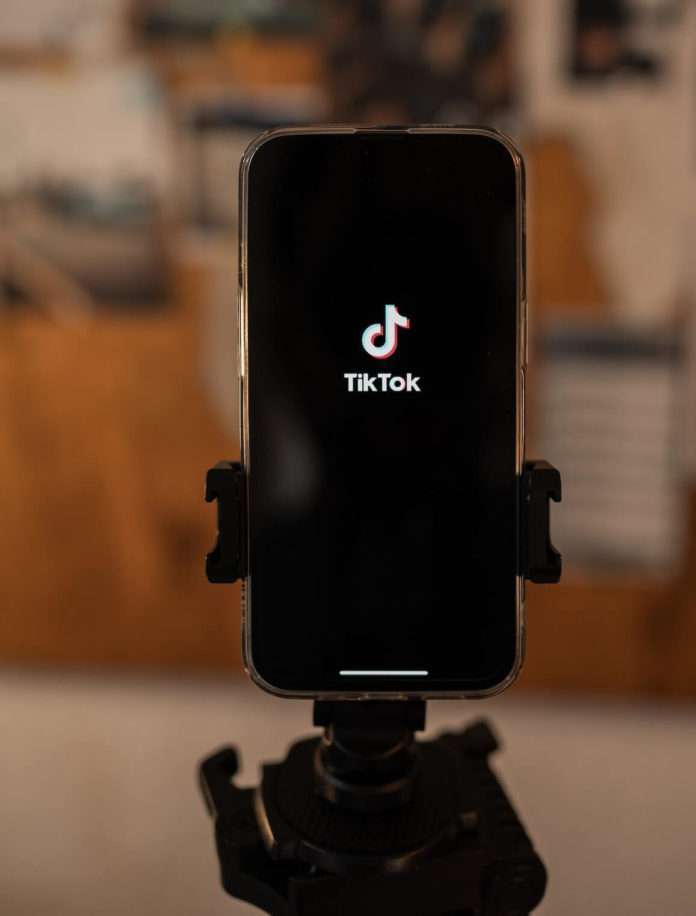TikTok Inc won the rejection of a lawsuit accusing it of causing the death of a 10-year-old girl by pushing a lethal “blackout challenge” on its video-based social media platform that encouraged individuals to suffocate themselves.
The company was declared immune from the lawsuit on Tuesday by U.S. District Judge Paul Diamond in Philadelphia, citing a provision of the federal Communications Decency Act that protects publishers of other people’s works.
“The wisdom of conferring such immunity is something properly taken up with Congress, not the courts,” Diamond wrote.
Jeffrey Goodman, a lawyer for the girl’s mother, Tawainna Anderson, said in a statement that the family would “continue to fight to make social media safe so that no other child is killed by the reckless behavior of the social media industry.”
KEEP READING:
In May, Anderson filed a suit against TikTok and its Chinese parent company ByteDance Inc, saying that the business’s algorithm had shown her daughter, Nylah Anderson, a video promoting the “blackout challenge.”
According to the lawsuit, Nylah attempted the blackout challenge in December 2021 using a purse strap hung in her mother’s wardrobe, losing consciousness and sustaining significant injuries. She was rushed to a hospital but passed away five days later.
TikTok and ByteDance filed a motion to dismiss the lawsuit, arguing that they were immune from liability under Section 230 of the Communications Decency Act for posting third-party content. Diamond concurred while calling the situation “tragic.”
TikTok and other social media companies, including Facebook and Instagram parent Meta Platforms Inc and YouTube parent Alphabet Inc, are facing a growing number of lawsuits around the country seeking to hold them liable for causing young people to become addicted to their products, and in some cases causing harm including eating disorders, self-injury and suicide.
In a new mass tort lawsuit in federal court in Oakland, California, a federal judicial panel earlier this month consolidated dozens of similar cases.








